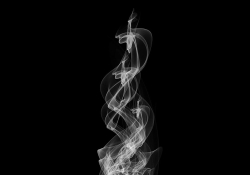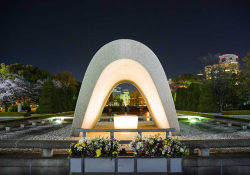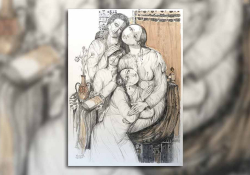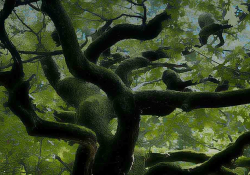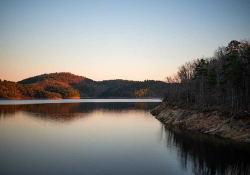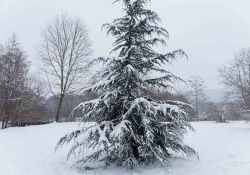Return to Africa: Two Poems
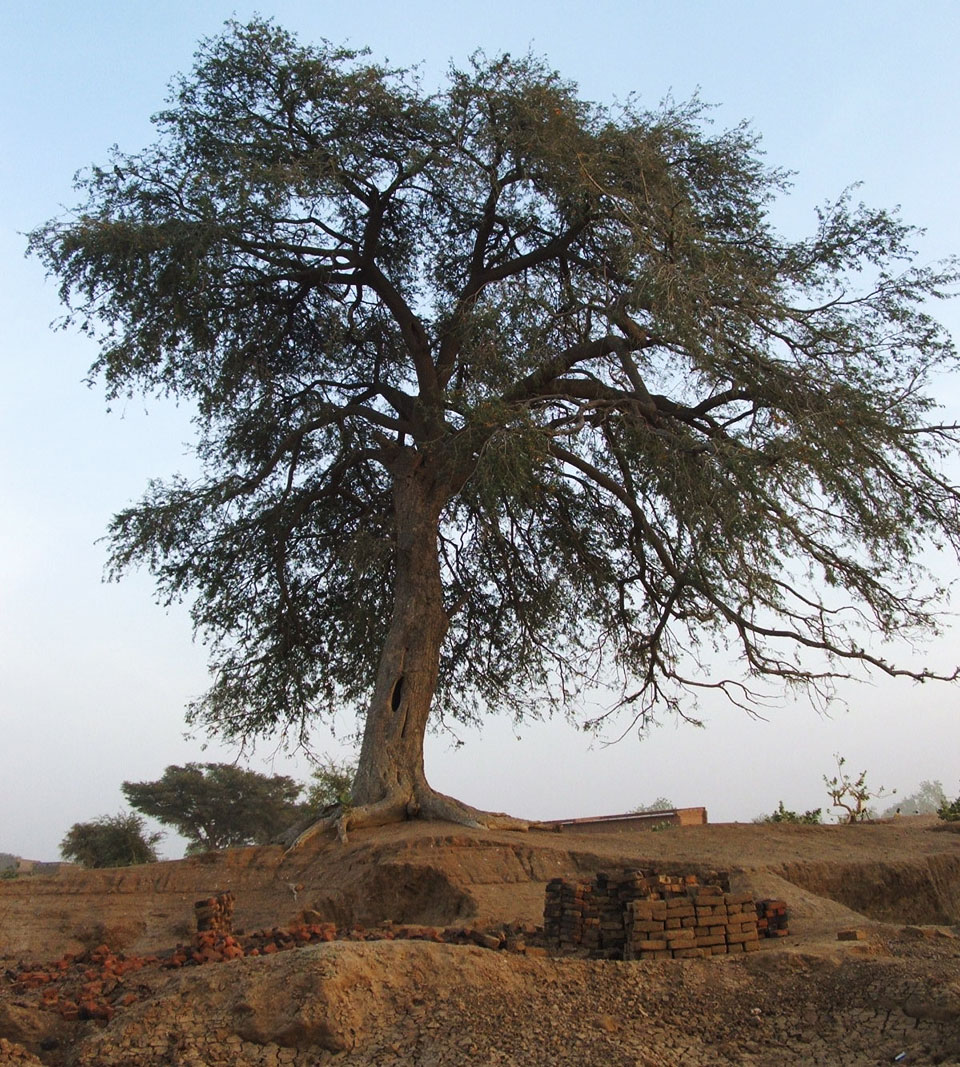
Author’s note: I recently returned to Chad after a five-year absence and found the nation of my youth to be both the same and yet remarkably changed. During my absence, a close friend had passed away in a tragic motorcycle accident, another friend had lost a child and watched his father go blind, and the widespread civil unrest and rebel movements of the previous decade had given way to fear of Boko Haram. “I don’t know anything about suffering” is a meditation on the harsh realities Chad faces every day while my life in America slogs oddly along in dislocation. “The Calling” is about the responsibility one has to speak to the places of one’s past.
I don’t know anything about suffering
as in losing three children to a sickness you can’t even name,
as in losing your baby boy
five days after birth
while you rode a market truck coming home to see him,
as in saying that a dead child has
returned
rather than died
(as if that could make it all easier)
as in riding the back of a motorbike and hitting an acacia tree,
the chain or the wheel snapping your femur,
as in waking every morning to the sound of your children dying
(from whooping cough)
as in walking the fields at noon to glean a bowlful of grain –
how painful when your husband
never returned from the war and the journey he made
across the desert to find a job in Geneina,
to marry the second wife
so much younger,
she didn’t bear a stillborn three years in like you –
as if you weren’t trying, as if you didn’t want to please him
as if every dead and dying thing was
under your control
and you could make the clouds drop rain and breathe life
into a brittle carcass by the roadside,
as if you could even begin to think with a mind that for once
wasn’t parched as in the road you walk to your field
every morning, several kilometers away,
joining with the others
who bear the same blows, have the same cracks, who sweep
the endless horizon with their eyes and reach
their jagged arms
to the single cloud that won’t let go, won’t seal up earth’s scars,
though everyone asks it why.
The Calling
I
In three days, they took down the temple brick by brick:
the steel-toothed claws ripping apart tile and mortar,
old rusted pipes bursting like shredded paper
while the demolition crew crawled around onsite,
hard hats mirroring the summer sun till the day
when the dark-fisted cloud crept across the July sky –
the rain that followed washed clean the remains
of the unused university building, the runoff
streaming down the cracked drains of the last wall.
Wind threatened to collapse the exposed ribcage
of iron beam and ceiling timber, wind across
the sidewalks and through the oaks lining
the expanse of grass, emptied of students on break,
filled with the fog of a tempest so thick I couldn’t see
out the barred windows of the library. I waited
for the break in the storm like a cloud
across the sun, that seemed to speak leave
or you’ll lose your chance.
II
Outside, the wind had left its rubble along the sidewalk:
the broken branches, split acorns, wash of mud
along the path like a brushstroke. The fog settled down
and in its break I saw flashes of a place I had left
that wasn’t the library or the bus stop
but dunes, thorn trees, carcasses of cows,
and the dry bed of a rahad yet to be filled, and I saw him,
riding on his motorcycle, riding the dirt road he takes
to work every morning, Madri coming from the mist.
We met in between the fog and trees, soaking
in the rain we shared in silence. I had forgotten
the lines across his forehead, forgotten how long
I had tried to make sense of his death. He was dry
and his voice was dry, as if it hadn’t been used
these sixteen months in the soil.
III
His words came over the rain patter, light yet labored:
When the last child has died of thirst, when the old woman
goes past the furthest house and disappears in the desert,
when the last bull has withered to its ribs, breathed its final
breath, and the mourners still gather ten years later,
still say my name and sip the same tea on the same rug
in the same yard, when the water never comes again
to the dry riverbed, and it has been dammed upstream,
when all the herdsman have waited hours
for its drops – who will write about this place?
I said I will I said I have to and then I walked past.
